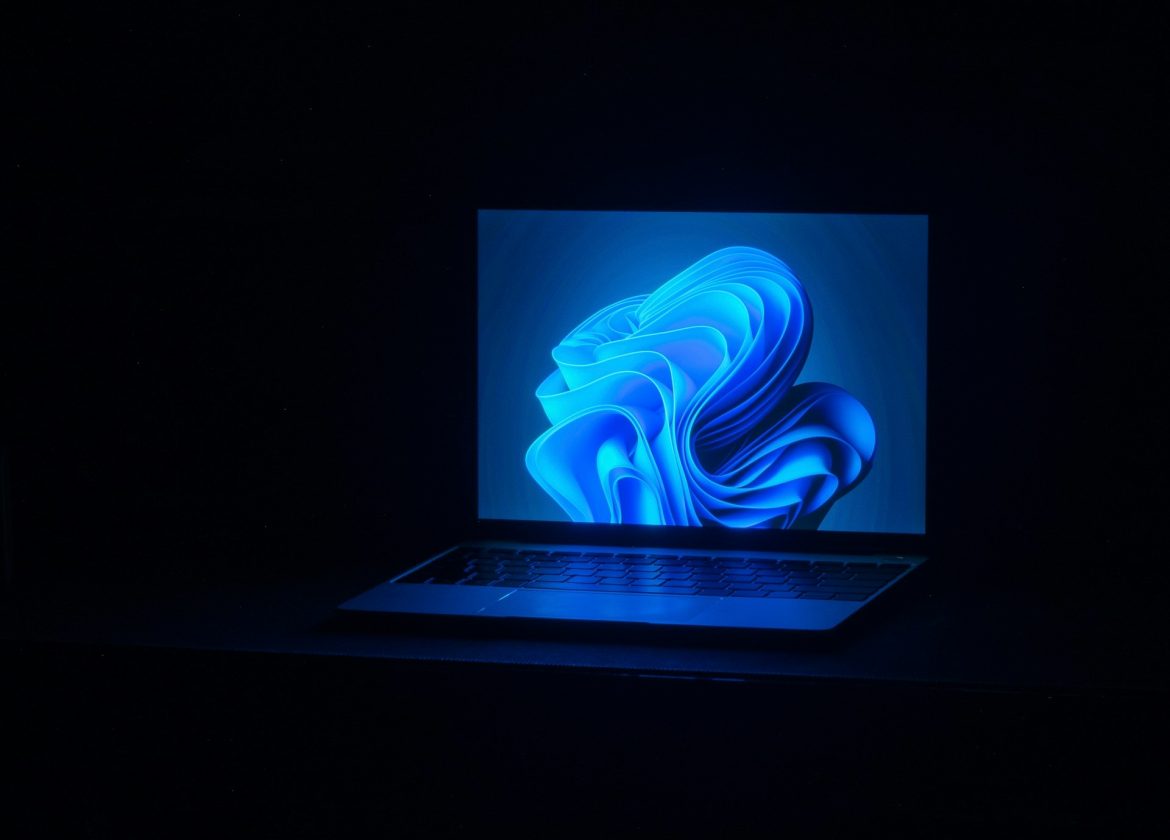CHIP has reported multiple times on Microsoft’s AI frenzy with Windows, overhauling the entire operating system. Recently, they introduced a feature called Recall, simply named “Abruf” in German Windows.
This feature allows users to find everything they’ve ever done on their PC using keywords via a timeline. While this sounds spectacular, it means Windows must continuously collect and link a vast amount of information. To achieve this, the system constantly takes screenshots and makes them searchable.
A security expert recently shared his assessment in a detailed post, and it is far from flattering for Microsoft. According to him, the Recall function is a complete disaster, making it easier than ever to steal all the data from a PC.
Testing Windows Recall
Fundamentally, the new function is closely tied to new hardware. Since Recall is intended to operate locally, powerful NPUs are required, which are only found in the new Copilot-Plus PCs. However, security expert Kevin Beaumont managed to get the feature working on a system without the necessary hardware.
The very idea of a computer having a photographic memory is likely to unsettle many users. Although Microsoft promises that all data will be processed locally without cloud access, the desired protective effect does not materialize, as the data can still be stolen.
While the data is fundamentally encrypted, it gets decrypted when users log into Windows, opening up new opportunities for information-stealers. Instead of just stealing data from an active browser, these malware programs could potentially access Recall data in the future.
Stealing the Recall Database
Beaumont demonstrated how vulnerable the collected data is by simulating a second user account on the PC. Recall does nothing more than take automatic screenshots every few seconds, which the local AI then translates into usable content. These contents are then stored in a database in the user folder.
The database file stores everything you’ve ever viewed on your PC in plaintext. There are only a few exceptions, such as content from private Edge sessions, which are not captured, but this does not apply to other browsers.
Practically everything a user does on their PC, even sorted by program, is meticulously recorded. Every piece of text and every user interaction is logged. Sensitive data such as account or credit card numbers and passwords are also not excluded. Even if you actively delete things from programs, like emails, the contents remain in Recall.
It appears that Microsoft will enable this new feature by default. Although it can be disabled later through settings, it would be better if the new feature required explicit activation from the start.



